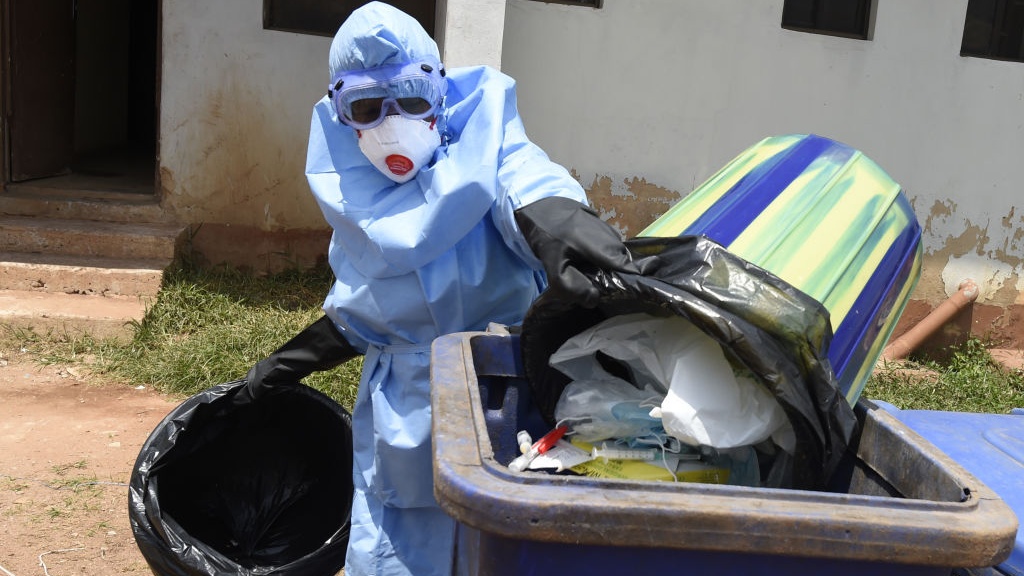As countries around the world struggle to contain the coronavirus, scientists are warning of a more deadly viral outbreak in Africa. The people of Nigeria are dealing with what may be the world’s largest epidemic of Lassa fever, a viral disease killing more people than coronavirus.
Lassa fever is a severe viral hemorrhagic fever similar to the Ebola virus that affects areas of Nigeria throughout the year. It was declared an “active outbreak” by the Nigeria Centre for Disease Control (NCDC) in February. The epidemic usually occurs during the annual dry season, but this year, it has already spread across more than half the country.
The virus spreads through humans via contact with food or household items contaminated with rat urine and feces. It also can spread from person to person through contact with the body fluids and organs of infected people.
According to the Centers for Disease Control and Prevention, the illness was discovered in 1969 and is named after the town in Nigeria where the first cases occurred. "An estimated 100,000 to 300,000 infections of Lassa fever occur annually, with approximately 5,000 deaths," according to the CDC. This year, the outbreak experienced an escalation in Nigeria that started in the second week of the year. By the end of the ninth week, the country had seen 775 cases and 132 deaths spread across 75% of Nigerian states.
The National #Lassafever Emergency Operations Centre is currently coordinating the response to an active outbreak.
Read our latest #Lassafever Situation Report (Week 5,2020) on the NCDC website for deatils:????????https://t.co/MsaU56wz9h
pic.twitter.com/BPl3SaYoIp— NCDC (@NCDCgov) February 7, 2020
There have been four Lassa fever epidemics in the past five years with many of the cases flaring up near the beginning of the year, according to Quartz Africa. In just two months, Lassa fever cases have reached 96% of the total number of cases at this time last year.
Lassa fever is infamous for its high mortality rate with its Case Fatality Ratio (CFR) as high as 23% recorded for the first quarter of 2019. Comparatively, coronavirus currently has an estimated CFR of 3.4%.
Before concerns of coronavirus heightened, the NCDC prioritized spreading information about Lassa fever. Since then, updates from the NCDC’s Twitter have been more about preventative methods against coronavirus despite the reports of an unprecedented Lassa fever epidemic in the country.
Dr. Olubusuyi Moses Adewumi, a specialist in arenaviruses and virologist at the University of Ibadan in southwest Nigeria, told Quartz Africa that this is a problem that must be addressed locally given the international agenda.
“The international health agency and media deserve to give more attention to coronavirus considering its propensity for a pandemic,” Dr. Adewumi said. “LFV (Lassa fever) is our local problem in this part of the continent, hence, it is our responsibility to ensure the epidemic is controlled."
The World Health Organisation (WHO) reported the prevention of Lassa fever relies on promoting good community hygiene to keep rodents from entering homes. Some of the effective measures WHO suggests include storing grain and other perishable food items in seal-tight containers, disposing of garbage far from the home, maintaining clean living areas, keeping cats as pets and avoiding contact with blood and bodily fluids while caring for sick persons.

